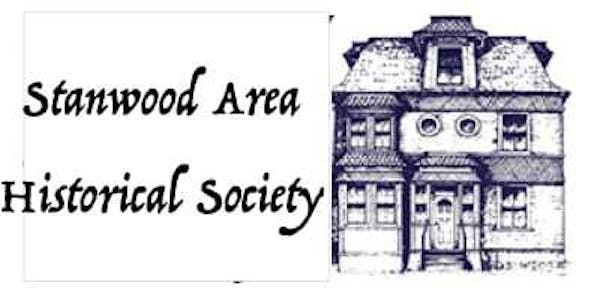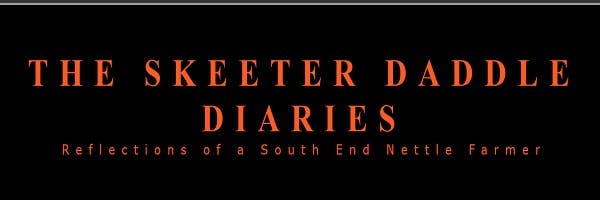Neil Postman (1931 – 2003) was an American author, educator, media theorist and cultural critic. He is best known for his books regarding technology and education, including Amusing Ourselves to Death (1985), Conscientious Objections (1988), Technopoly: The Surrender of Culture to Technology (1992), The Disappearance of Childhood (1982) and The End of Education: Redefining the Value of School (1995). He also wrote about postmodernism, semantics, linguistics, and technopolies.
Sources: Wikipedia, NeilPostman.org
Public Posts Stanwood, WA Stanwood, WA (zoom)
Samuel Johnson (1709 -1784), was an English writer who made lasting contributions as a poet, playwright, essayist, moralist, critic, biographer, editor and lexicographer. He was a devout Anglican and a committed Tory. Tall and robust, he displayed gestures and tics that disconcerted some on meeting him. Johnson's behavior and mannerisms have been documented in such detail by Boswell and other biographers that they have informed the posthumous diagnosis of Tourette syndrome, a condition not defined or diagnosed until late in the 19th century. ~ Quote Source: Samuel Johnson, The History of Rasselas, Prince of Abissinia ~ Wikipedia
Old proverb expressing the idea that convincing another person is best done by appealing to the interests of that person and not with reasoning skill or abstract motivations. Benjamin Franklin expressed it in a more concise form in the 1734 Poor Richard's Almanac: "Would you persuade, speak of Interest, not of Reason"
On November 19, 1863, President Abraham Lincoln gave a two minute speech that has been quoted ever since. There are five copies of the speech. All written in Lincoln’s handwriting. Each copy differs slightly, probably as a result of Lincoln’s self-editing. The Library of Congress has two copies of the address, Cornell University has one, the Illinois State Historical Library has one, and one is in the Lincoln room in the White House.
The Gettysburg Address
Four score and seven years ago our fathers brought forth on this continent a new nation, conceived in Liberty, and dedicated to the proposition that all men are created equal.
Now we are engaged in a great civil war, testing whether that nation or any nation so conceived and so dedicated, can long endure. We are met on a great battle-field of that war. We have come to dedicate a portion of that field, as a final resting place for those who here gave their lives that that nation might live. It is altogether fitting and proper that we should do this.
But, in a larger sense, we can not dedicate—we can not consecrate—we can not hallow—this ground. The brave men, living and dead, who struggled here, have consecrated it, far above our poor power to add or detract. The world will little note, nor long remember what we say here, but it can never forget what they did here. It is for us the living, rather, to be dedicated here to the unfinished work which they who fought here have thus far so nobly advanced. It is rather for us to be here dedicated to the great task remaining before us—that from these honored dead we take increased devotion to that cause for which they gave the last full measure of devotion—that we here highly resolve that these dead shall not have died in vain—that this nation, under God, shall have a new birth of freedom—and that government of the people, by the people, for the people, shall not perish from the earth.
Winston Churchill (1874-1965) British politician, army officer, and writer.
Freya Madeline Stark DBE (1893 – 1993), was a British-Italian explorer and travel writer. For her ninth birthday, Stark received a copy of One Thousand and One Nights and became fascinated with the Orient. She studied Arabic and later, Persian at Bedford College, London and the School of Oriental and African Studies. She wrote more than two dozen books on her travels in the Middle East and Afghanistan as well as several autobiographical works and essays. She was one of the first non-Arabs known to travel through the southern Arabian Desert in modern times. ~ Quote Source: The Journey's Echo by Freya Stark
John O'Donohue (1956 - 2008) was an Irish poet, philosopher and scholar, a native Gaelic speaker. He wrote numerous international best-selling books including: Anam Cara, Beauty, Eternal Echoes, and Benedictus: A Book of Blessings- Published in the US as To Bless the Space Between Us. John O'Donohue Official Website.
Quote source: Excerpt from a radio interview with American journalist Krista Tippett had with him, "On Being,"
“For what it’s worth..... it’s never too late, or in my case too early, to be whoever you want to be. There’s no time limit. Start whenever you want. You can change or stay the same. There are no rules to this thing. We can make the best or the worst of it. I hope you make the best of it. I hope you see things that startle you. I hope you feel things you’ve never felt before. I hope you meet people who have a different point of view. I hope you live a life you’re proud of, and if you’re not, I hope you have the courage to start over again”
Source: From a short story Fitzgerald wrote in 1922 – The Curious Case of Benjamin Button, from which the 2008 film of the same name was adapted.
F. Scott Fitzgerald (1896-1940) was an American novelist, essayist, and short story writer. During his lifetime, he published four novels, four story collections, and 164 short stories. Although he achieved temporary popular success and fortune in the 1920s, Fitzgerald received critical acclaim only after his death and is now widely regarded as one of the greatest American writers of the 20th century.
George Santayana - (1863 – 1952) ~ Jorge Agustín Nicolás Ruiz de Santayana y Borrás, was a philosopher, essayist, poet, critic and novelist. Born in Spain and raised and educated in the US from the age of eight. He left his position at Harvard at the age of 48 and returned to Europe permanently. Santayana was the author of many books and known for his aphorisms. He was profoundly influenced by Spinoza's life and thought. Although he was an atheist, he treasured the Spanish Catholic values, practices, and worldview in which he was raised.
Benjamin Franklin (1706 - 1790) was an American polymath who was active as a writer, scientist, inventor, statesman, diplomat, printer, publisher, and political philosopher.[1] Among the leading intellectuals of his time, Franklin was one of the Founding Fathers of the United States, a drafter and signer of the United States Declaration of Independence, and the first United States Postmaster General. Wikipedia
Chauncey Mitchell Depew (1834 – 1928) was an American lawyer, businessman, attorney and politician. He served for two terms as United States Senator from New York and was well know for his wit and as an orator and after dinner speaker. He did work for Cornelius Vanderbilt, as an attorney and as president of the New York Central Railroad System. Read more
Anthony de Mello, also known as Tony de Mello (1931– 987), was a Jesuit priest and psychotherapist born in Bombay, India. A spiritual teacher, writer, and public speaker. He wrote several books on spirituality and hosted numerous spiritual retreats and conferences. He is known for his storytelling which drew from the various mystical traditions of both East and West and for introducing many people in the West to mindfulness-based practices he sometimes called "awareness prayer"
Quote source: "Awakening - Conversations with the Masters" - Wikipedia








.jpg?fit=crop&w=280&h=280&q=93)




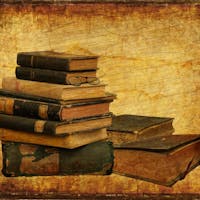
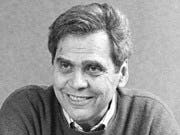
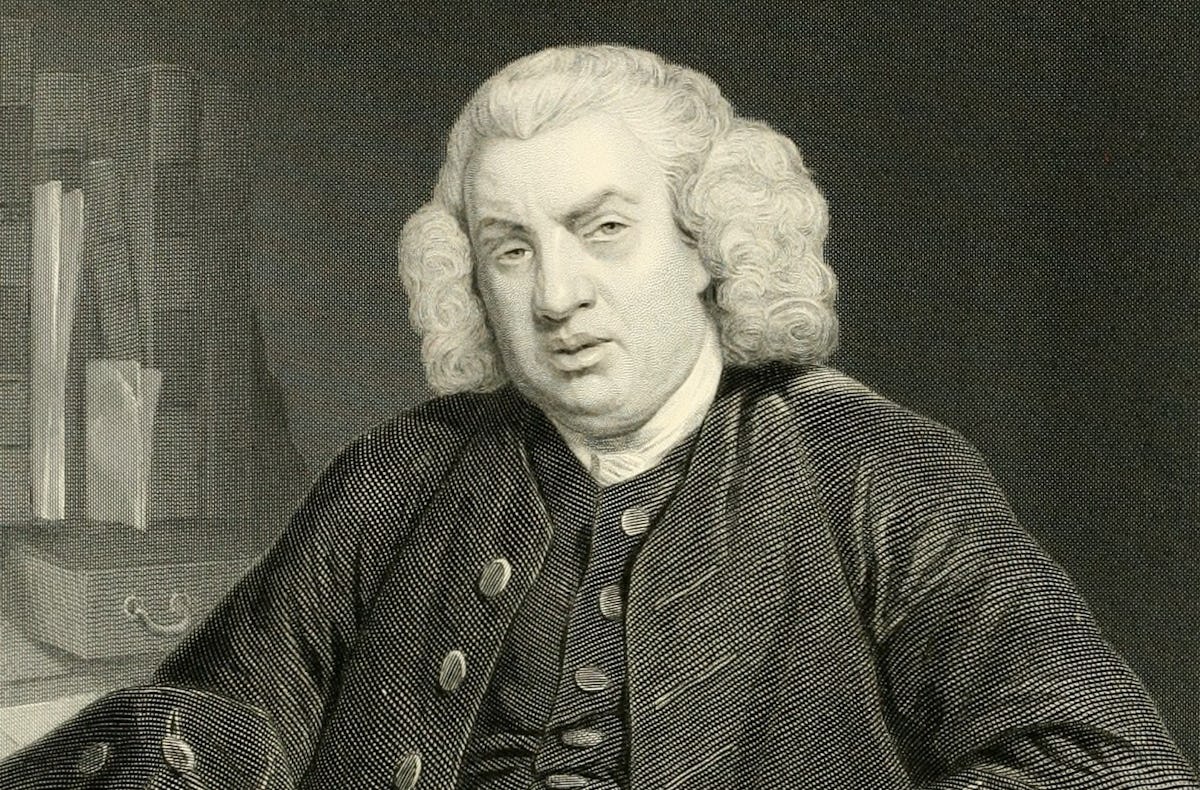
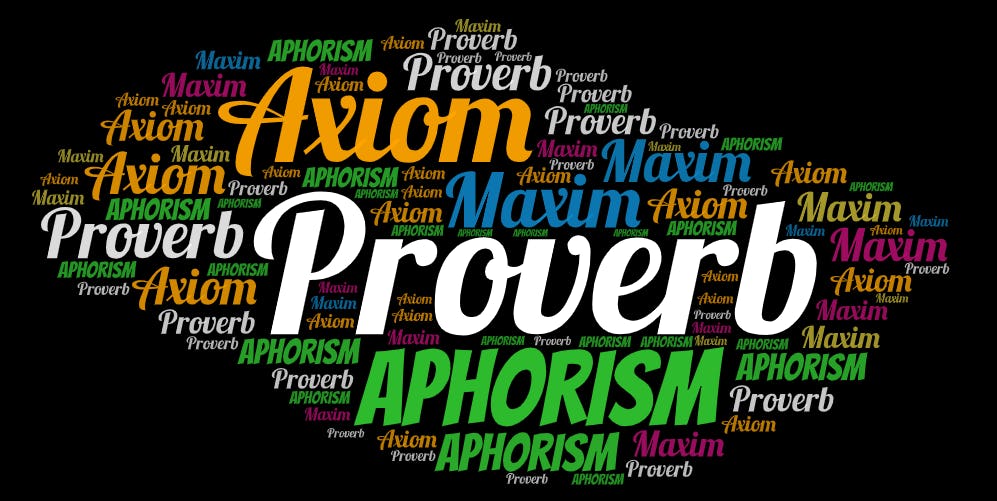
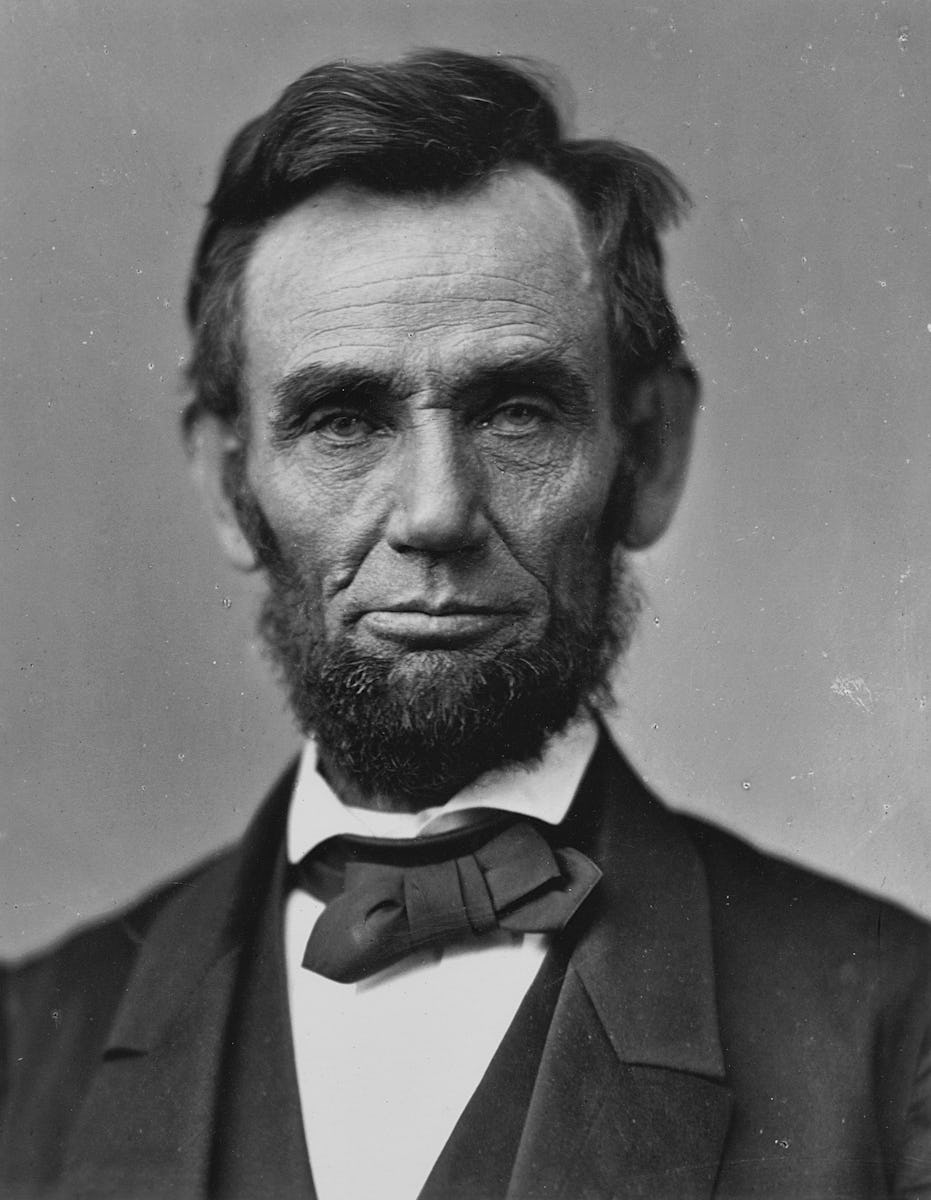
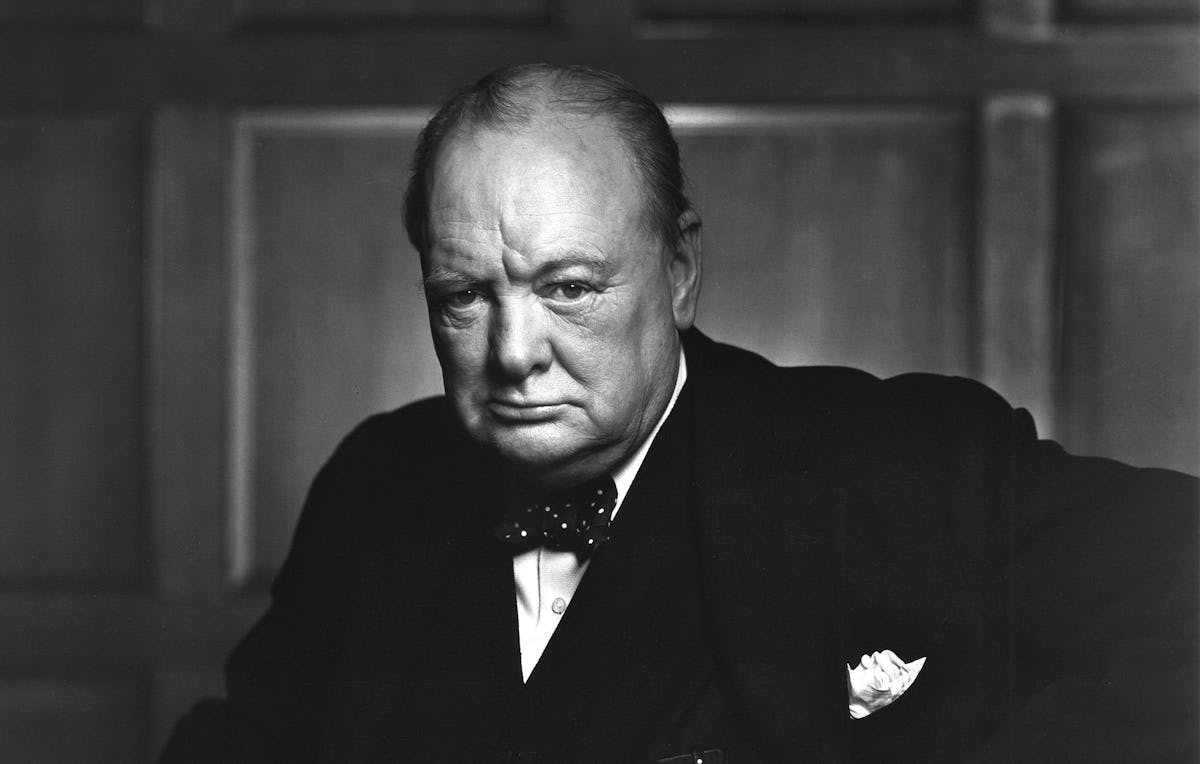
%20(Dame)-R.jpg?fit=max&w=1200&h=1200&q=48)

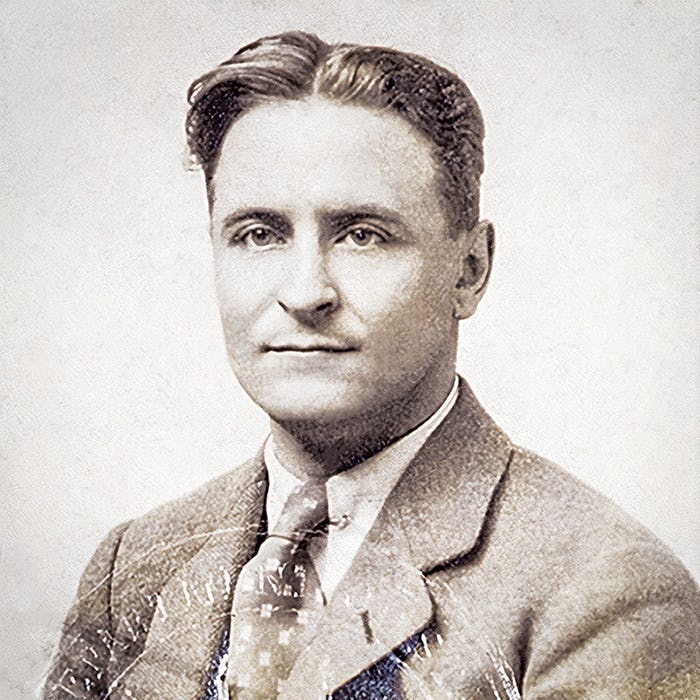
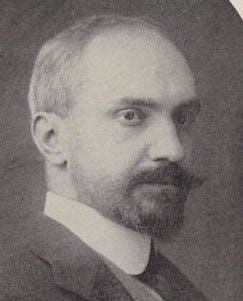
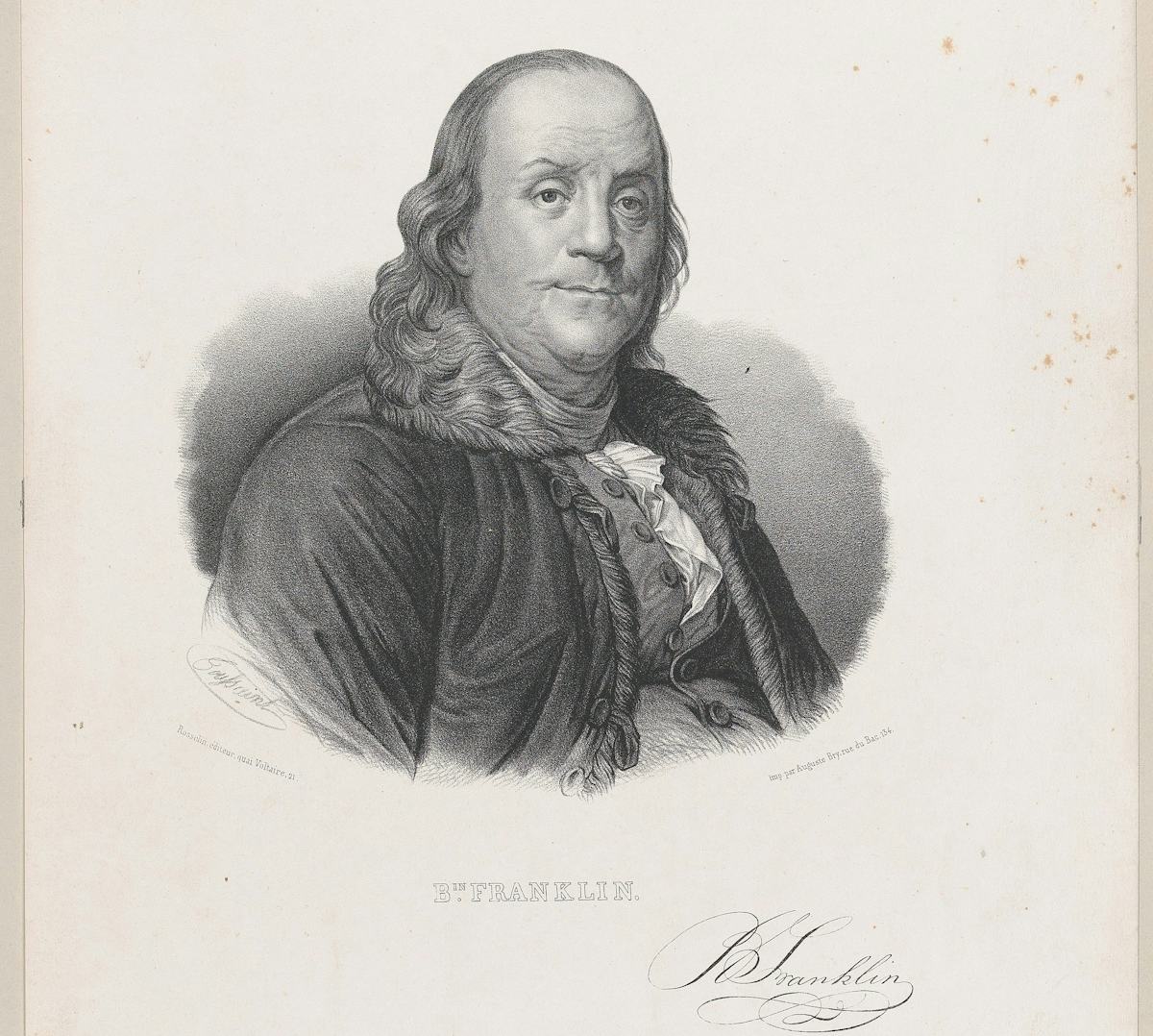
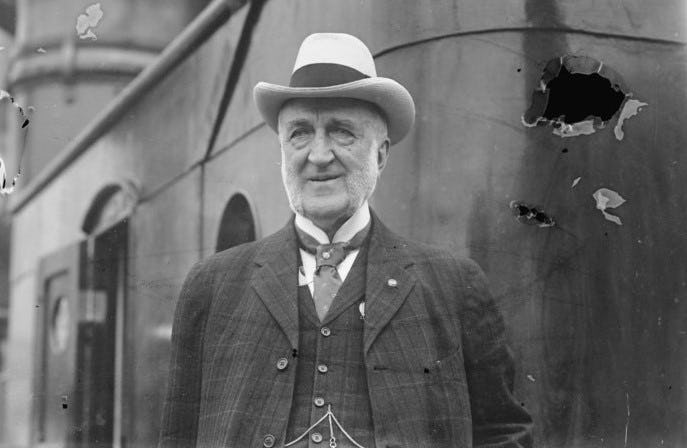
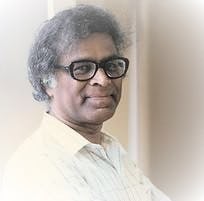

 - Copy.jpg?fit=crop&w=280&h=280&q=93)
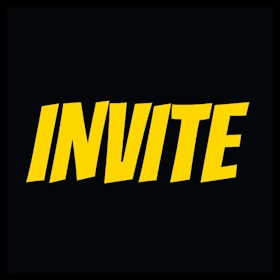

R.jpg?auto=format&fit=clip&w=600)


















